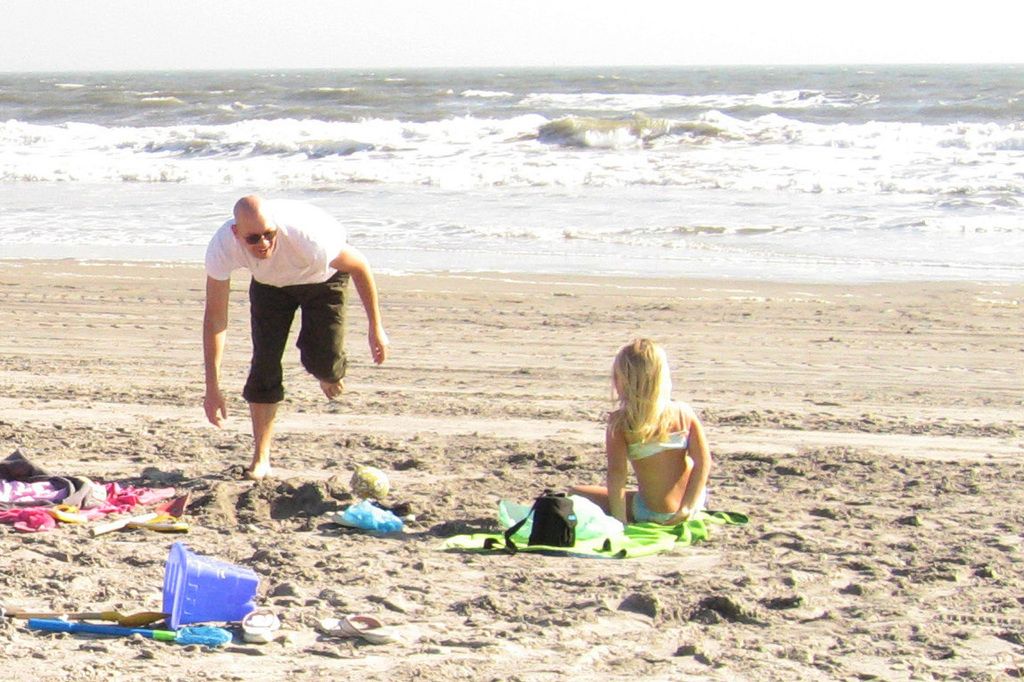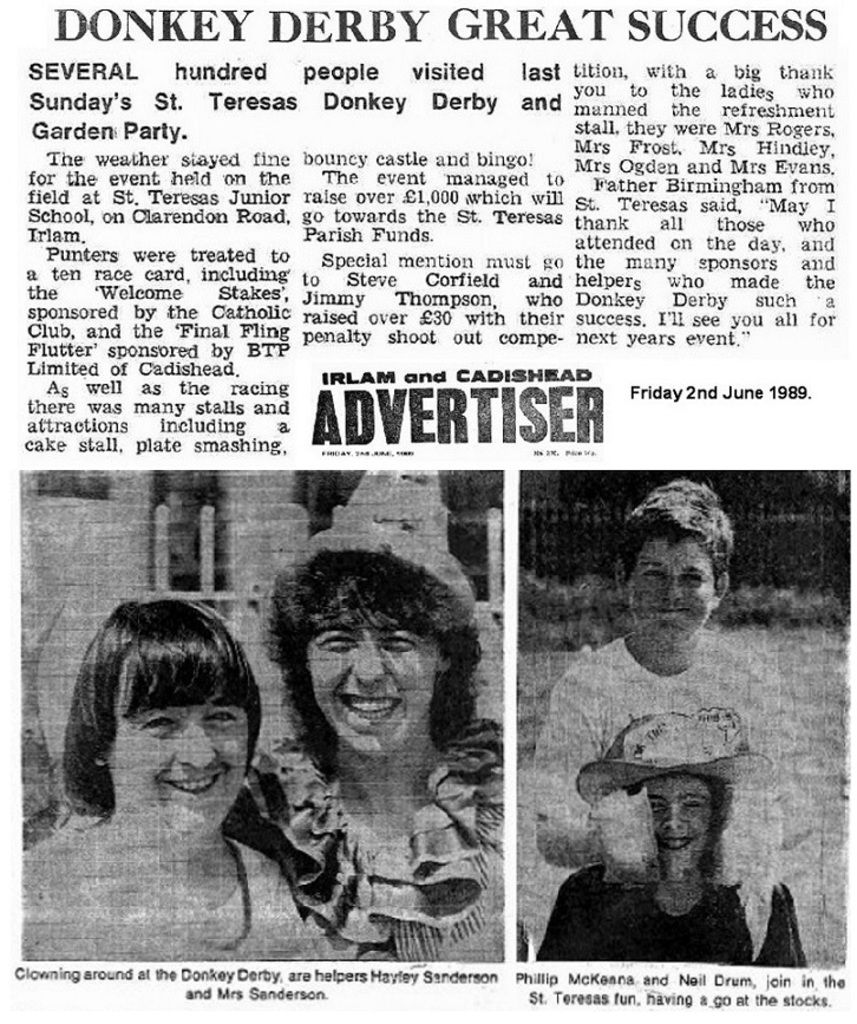Wine enthusiasts seek pricing as high as a car, sommelier weighs in on taste, status, and selection without prejudice.
Modern wine culture in Yekaterinburg has morphed significantly over the past two decades. Back then, you'd find either dessert wines for the evening or fancy bottles as gifts – the taste wasn't often discussed. Now, people are curious about the origin, style, and history of a bottle, willing to delve deeper into their selections. This isn't about the elite, it's about appreciating the palate beyond chance.
We sat down with Maria Klec, founder of Win-Win wine shop, and Anastasia Sharifulina, its manager, to discuss why wine doesn't always have to be pricey, yet can sometimes be special.
Aren't there regular diners snatching wines for 10 thousand rubles just for dinner? Is it about taste or still the status?
Maria: We see that quite often. These guests seek not just wine, but the emotions it provokes. Complex bouquet, unique terroir, an intriguing history – all contribute to a unique aesthetic. Primarily, it's about taste, but for some, it's also about status.
Can an average person, not a sommelier or expert, tell the difference between a 2k and a 10k wine?
Anastasia: Absolutely, especially if comparing wines from the same producer, ranging from basic to premium. However, which one they prefer – that's another story: styles can vary significantly.
So if a customer comes looking for something "tasty" – a simple, fuss-free option – you won't turn them away?
Мария Клец, основательница винотеки Win-Win
Maria: We won't. In fact, we'll dive deeper to understand what "tasty" means to them. It could mean a low acidity or intense, piercing wines. We're like wine psychologists: we match what fits. Price doesn't matter.
What about the other way around? When a customer comes for an expensive wine, yet you advise against it?
Maria: There have been instances where a regular client, an experienced wine connoisseur who's traveled half the world, asked for a bottle that cost almost as much as a small car. We could find it, but we suggested he wait for his next trip to France: the atmosphere would suit better, and the price – far more humane.
How do you curate your wine shelf? Is it more about personal preferences, customer tastes, or fashion trends?
Anastasia: We constantly adjust our selection, considering customer preferences, our experience, and wine trends. We keep an eye on what's happening, but we're not selling out to trends. The vital thing is that the wine suits the person – the dish, mood, situation. We especially like small vineyards, where they make wine with soul, organically, or following biodynamics. Sometimes, we bring something experimental, and it surprises everyone.
Is natural, biodynamic wine just marketing, or is there substance behind it?
Maria: To be straightforward, all wine is natural. When people talk about organic or biodynamic winemaking, the conversation often revolves around certificates and labels. Organic wine focuses on obtaining without synthetic fertilizers, while biodynamics goes further, aiming for harmony with nature, using lunar cycles, and natural treatments.
Управляющий винотекой WIN-WIN Анастасия Шарифулина
It's not just about the paperwork, but the producer's approach, philosophy. Take, for example, Jacques Bofor, a champagne producer. Struggling with allergies to chemicals, he spent a lot of time on homeopathy and aromatherapy to overcome his condition. Then he learned agrobiology, abandoned chemicals, and embraced organics. Now, he makes wines with life, energy. This is conscious effort to minimize human intervention, involving manual labor, and taking responsibility for the outcome.
Remember how carefully you grew vegetables and berries as a child, using only natural fertilizers? I, for one, have collected horse manure from my grandmother for composting, following a regular lunar calendar.
We're still searching for that genuine, pure taste, just like the vineyard that truly loves its land, crafting wine that fully expresses the terroir.
Not all producers aspire to certificates. What matters is the spirit and passion within each bottle. That's what makes wine truly exceptional.
So how do you distinguish between a wine with history and one with just clever marketing?
Anastasia: Descriptions can be subjective, so experiencing a wine is crucial. To learn to distinguish "unique" from plain marketing, one needs to develop their palate: tasting the same grape variety from different regions, noticing how weather affects taste, understanding how winemakers achieve delicate flavors in hot climates and richness in cold. Then, you start feeling the hard work, personality, and choice behind each bottle. That's true uniqueness.
But isn't wine just wine for many? It's all so complicated. Why is it like this?
Maria: Wine might seem simple at first, but in reality, it's a whole universe of flavors, aromas, and histories. Navigating it independently can be challenging. That's why we exist. Our team isn't just knowledgeable; we're empathetic guides: we help find what truly fits, making your selection a breeze.
Реклама. ООО "Вин-Винотека", https://win-win.wine/, erid:F7NfYUJCUneTRTzJYg41
Are there wines you refuse to sell? For instance, those readily available at "Perekrёstok" or "Krasnoe i Beloe"?
Anastasia: Yes, there are wines we won't sell, like simple, unremarkable ones: Vinho Verde, basic Pinot Grigio, or typical New Zealand Sauvignon Blanc. We offer those too, but we focus on wines with history and character – rare, small-batch ones. You won't find such gems in mass markets.
Do trends in wine purchases change with time? What's popular in Yekaterinburg?
Anastasia: There's growing interest in Russian wines, partly due to local wine festivals. People are increasingly asking, "Is there anything of ours?"
In terms of overall preferences, sparkling wines – champagne and prosecco – are in a constant lead. Summer sees more demand for lighter whites like Riesling and Sauvignon, while Pinot Noir and its style-mates remain a year-round favorite. As winter sets in, interest in full-bodied reds like Bordeaux, Tuscany, and Piedmont increases – they provide both warmth and spiritual sustenance.
Have there been instances when a wine initially seemed unpopular, but then gained unexpected popularity?
Maria: Once, I imported square-bottle Kazakh Rieslings from old vines. My colleagues found it amusing and showed skepticism. The wines stayed unsold for a while, and we even put them up for sale. Then, customers tasted them – they bought everything, even throughout Russia. By then, the bottles were already gone from our shelves.
Does the temptation to follow a simpler, broader strategy ever arise – one that relies on what's easier and more popular?
Anastasia: A wine strategy that's easier and more popular might be a wise business move. But we have a different goal: creating a place where you can find something unique, with character and a point of view. We're not just a wine shop; we're a destination for those seeking something more than a simple bottle. We nurture relationships, offer advice, and share knowledge, so customers come not just for a purchase, but for the experience and new learning. And for that, we need to provide something beyond ordinary wines.
- In the conversation with Maria Klec, the founder of Win-Win wine shop, and Anastasia Sharifulina, its manager, it was mentioned that a customer might come looking for a special wine that isn't necessarily expensive, but rather something that provokes emotions due to its complex bouquet, unique terroir, or intriguing history (news, finance, lifestyle, food-and-drink).
- Anastasia, the manager of Win-Win, stated that an average person, not a sommelier or expert, can tell the difference between wines from the same producer, ranging from basic to premium, based on taste (news, lifestyle, food-and-drink).
- In response to a question about whether they sell wines that are readily available in mass markets like "Perekrёstok" or "Krasnoe i Beloe", Anastasia, the manager of Win-Win, stated that they focus on offering wines with history and character – rare, small-batch ones, that you won't find in mass markets (news, food-and-drink, small-business).





